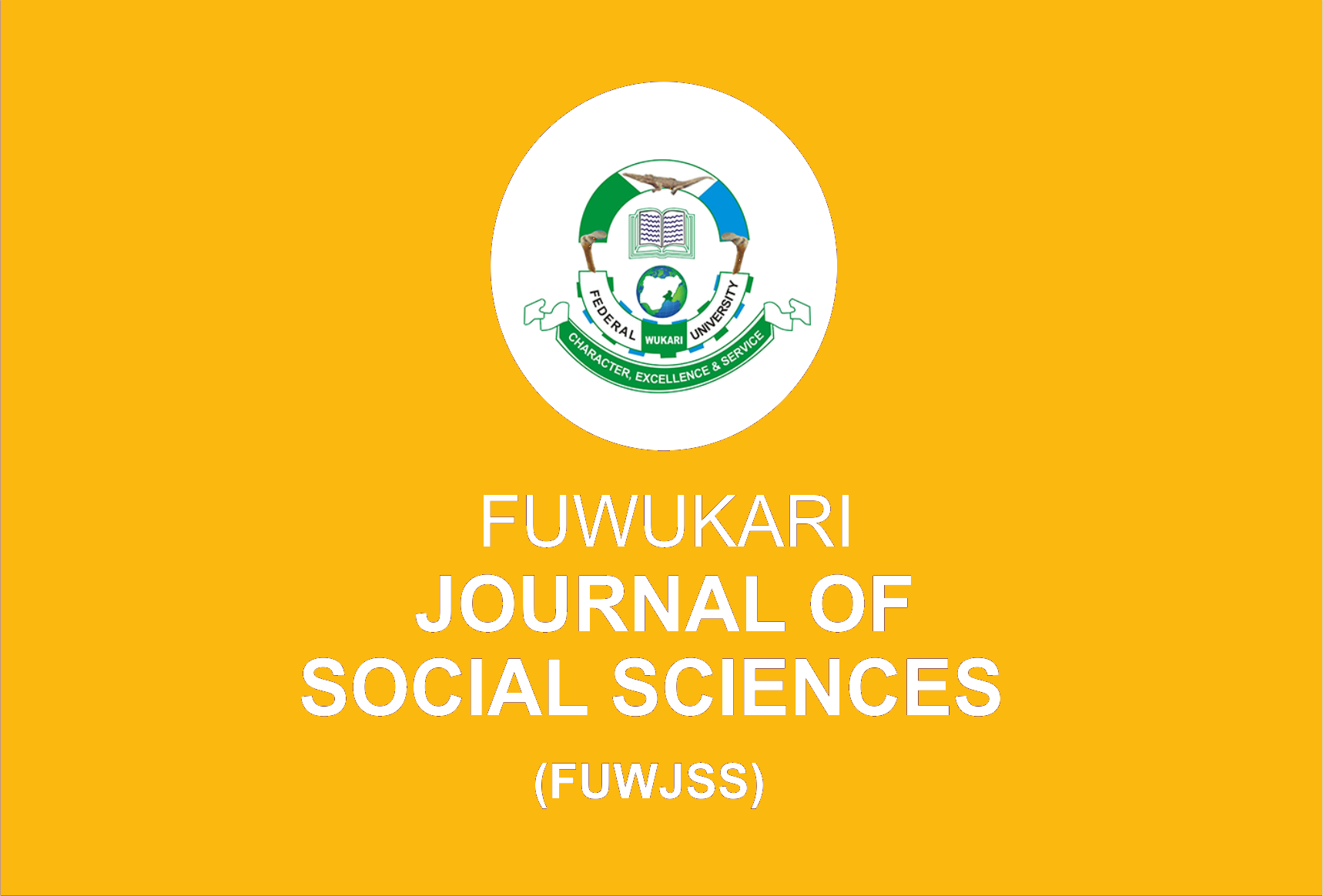Degraded State Capacity And Management Of Farmers-Herders Conflicts In Middle-Belt Nigeria
Wonotanzokan Tagowa Nzeda, Isa Mohammed
Keywords: Farmers-herders conflicts, state complicity, weak state, Middle Belt, Nigeria
Abstract
This paper examines state complicity in the management of farmers- herders conflicts in Nigeria with a focus on the Middle Belt. The long-established symbiotic relationship between farmers and herders spanning centuries of amity deteriorates and culminated in bloody clashes as a result of the competition to access land, water, and pastures. The development-induced challenges were exacerbated by urbanization, industrialization, and desertification. The paper relies on secondary sources of data from journal articles, books, newspapers, document analysis and open resource materials that were used based on content and qualitative analysis. The study adopts a weak state-centered approach as a theoretical explanation of the lingering farmers-herders conflicts. Findings of the study reveal that the Middle Belt region is most affected by the conflicts due to its fertile land, water resources, and greener pasture. The paper concludes that the farmers-herders conflicts are triggered by porous borders, state collapse in Africa, environmental and climate change, and the introduction of Anti-Open Grazing Laws by some state governments. The study recommends among others the implementation of grazing reserves, dialogue, and the use of alternative dispute resolution mechanisms.
Author Biography
Wonotanzokan Tagowa Nzeda
Department of Political Science, Federal University Wukari
Isa Mohammed
Department of Political Science & International Relations, Taraba State University, Jalingo

